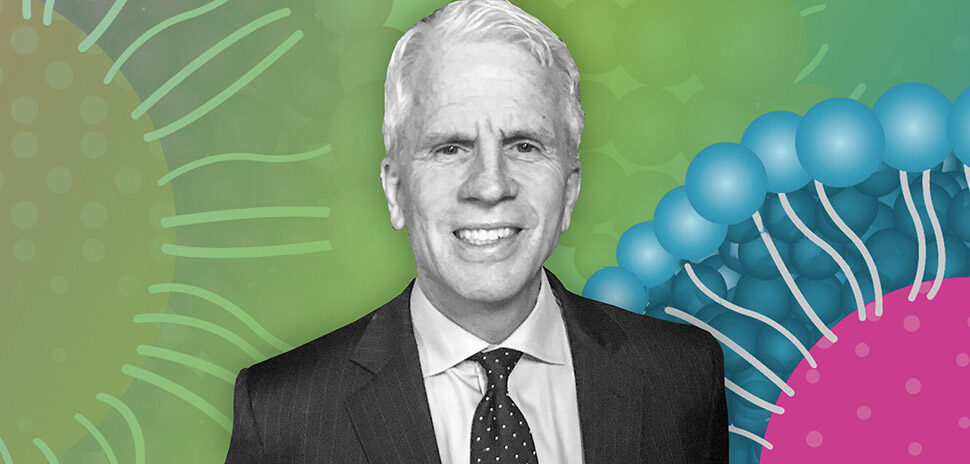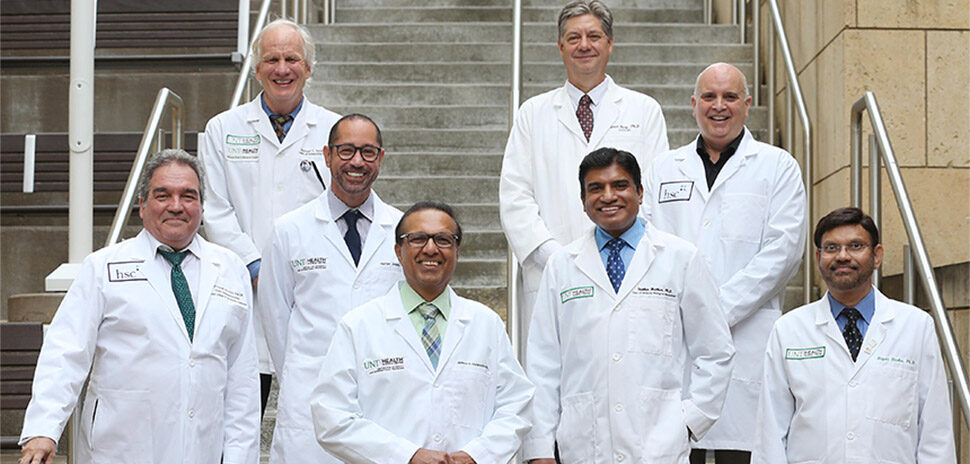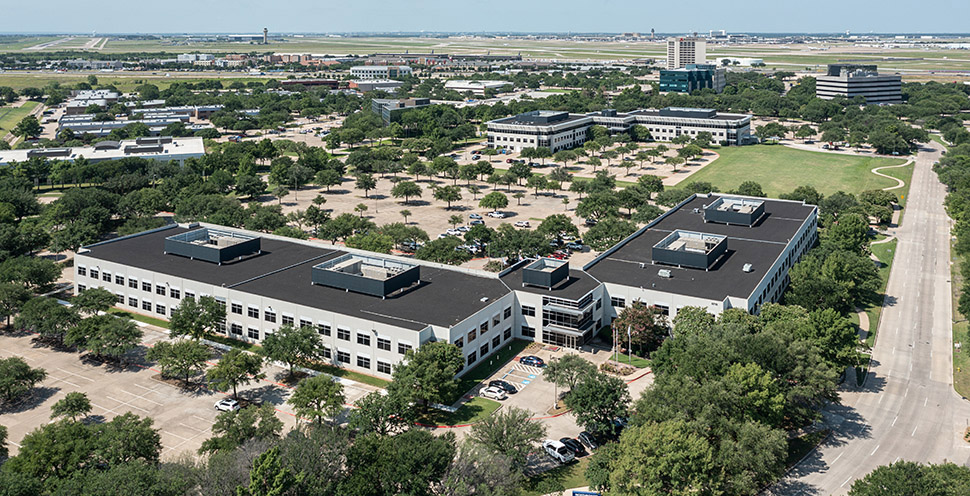An interdisciplinary team of researchers at the University of Texas at Arlington is trying to pinpoint the brain signals that are associated with anger in an effort to help people engage in anger management techniques and avoid problems.
According to an article in UTA Inquiry, the research magazine at the university, the anger management research is just one of the innovative collaborative efforts in life and health science research.
“We are attempting to use a quantitative method to measure a suggestive feeling,” J.-C. Chiao, professor of electrical engineering and principal investigator for the project, told UTA Inquiry. “Once you quantify it, you can do anything with it.”
“We are attempting to use a quantitative method to measure a suggestive feeling.”
J.-C. Chiao
The article points out that the “anything” might include a wearable device that signals when brainwaves associated with anger are on the rise, meaning an outburst might be imminent. The advance warning might give the person the chance to use learned techniques to suppress the anger.
Another example of the collaborative approach is the discovery made by a team led by electrical engineering Associate Professor Samir Iqbal of a new tool in the fight against cancer — mimicry.
According to UTA Inquiry, the team developed a cancer detection tool that mimics how cancer cells function in the human body.
“The cancer cells behave differently as they come into contact with nano textured walls—they dance.”
Samir Iqbal
“The answer came in creating a nanotextured wall that fools blood samples into thinking it’s actual tissue,” Iqbal told UTA Inquiry. “We used the properties of the cell walls to create a diagnostic tool. The cancer cells behave differently as they come into contact with nanotextured walls — they dance.”
Iqbal said the cellular dance then sends a signal to physicians that cancer cells are present in the sample.
Doctors can start treatment earlier than current technology permits, once the cancer is pinpointed, UTA Inquiry said.
Delivering what’s new and next in Dallas-Fort Worth innovation, every day. Get the Dallas Innovates e-newsletter.



































































